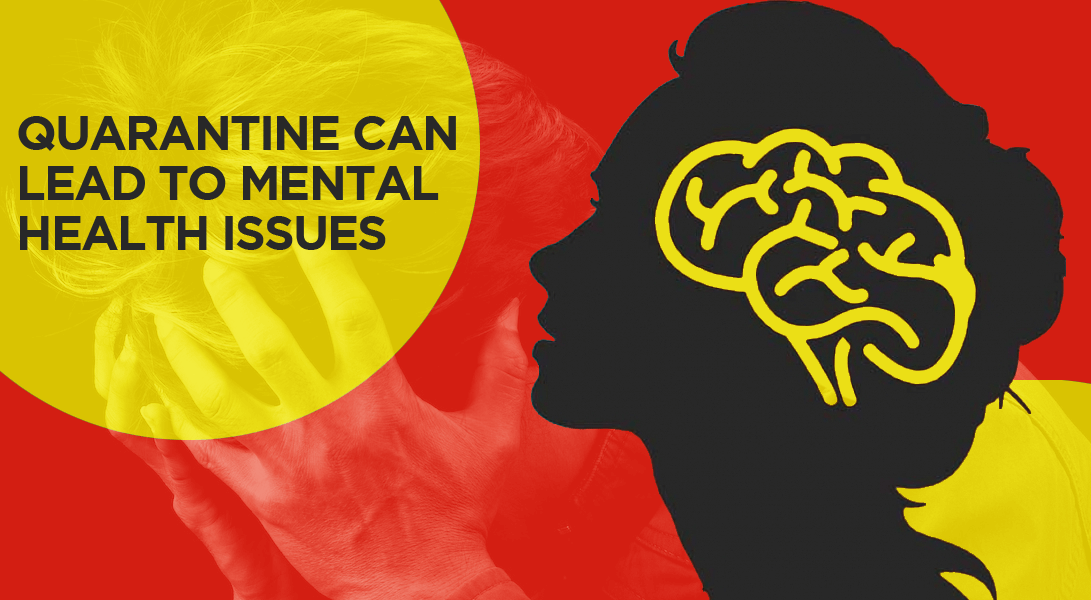Quarantine and isolation have become buzzwords in these times of Covid-19 pandemic. A majority of persons who have either tested positive for Covid-19 or are close contacts of positive patients are ending up in quarantine in their homes.
For many people who are in home quarantine, it could be stressful, taxing and a distressing experience. Living alone cut-off from family members and the society triggers anxiety, increases stress and become a reason for triggering major mental health concerns.
Health-related depression and anxiety: The most common condition that could arise during quarantine is anxiety, which happens due to uncertainty of outcome, fear of turning positive on testing and stigma. It can range from mild to severe, often leading to panic attacks.






